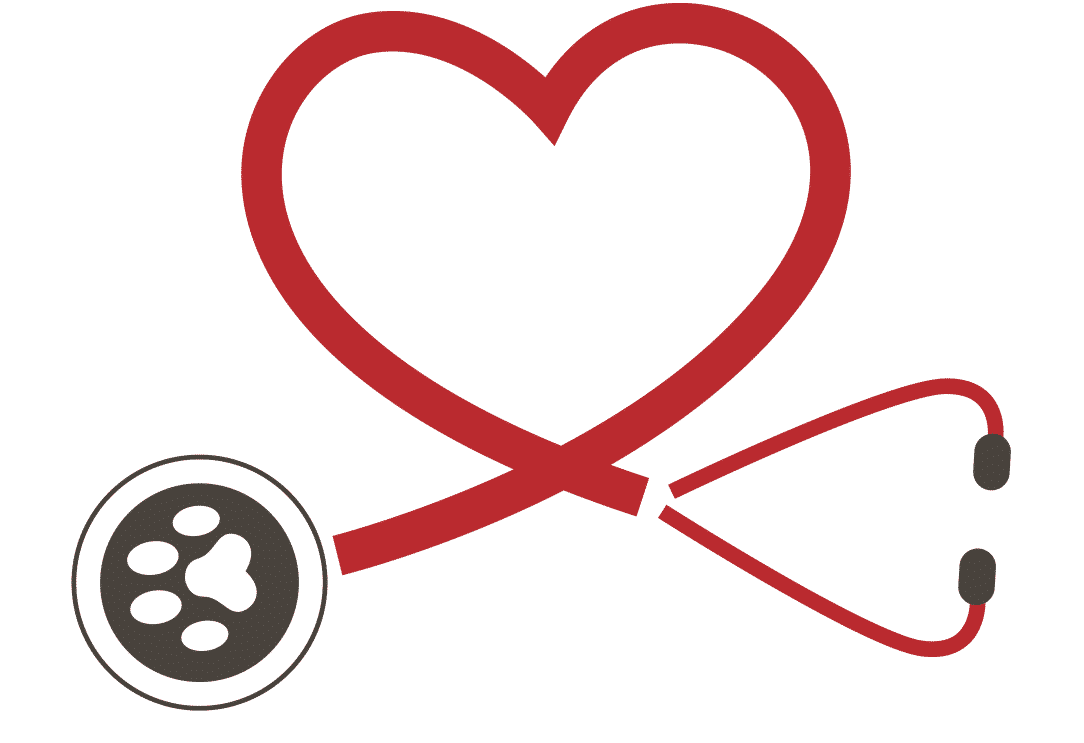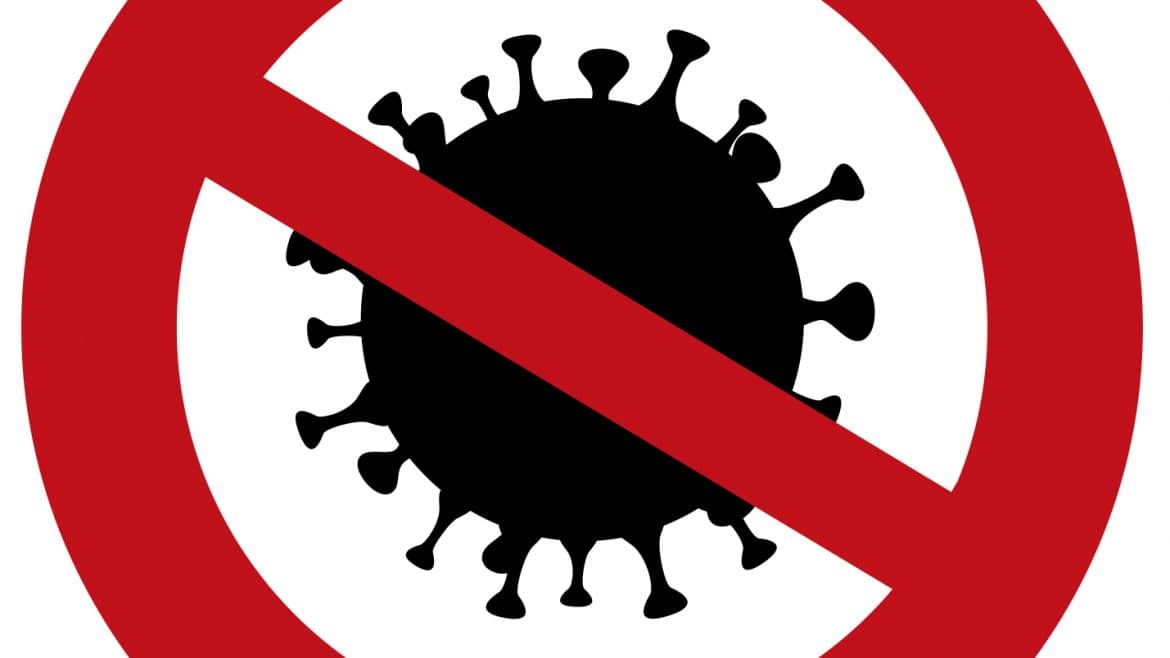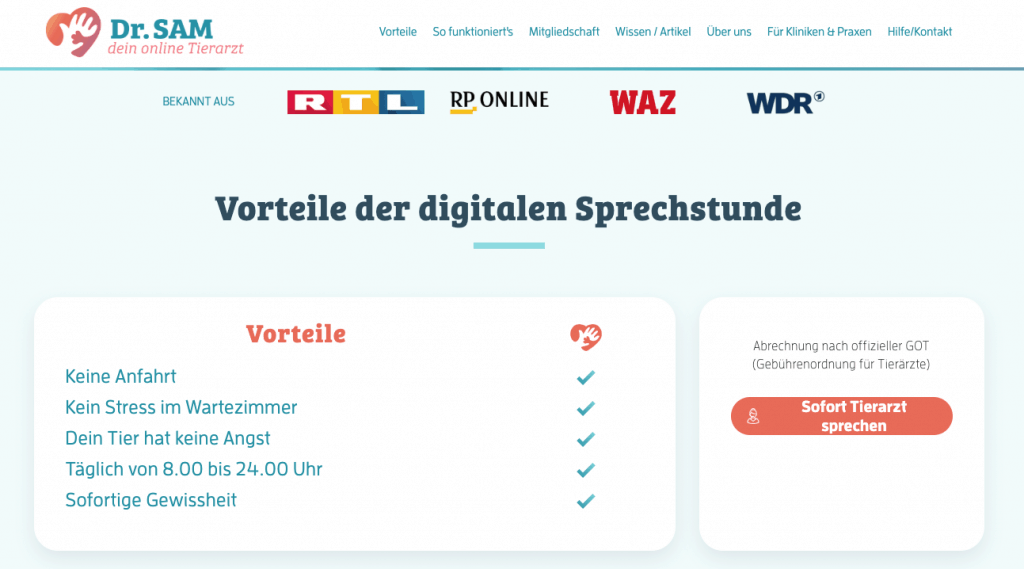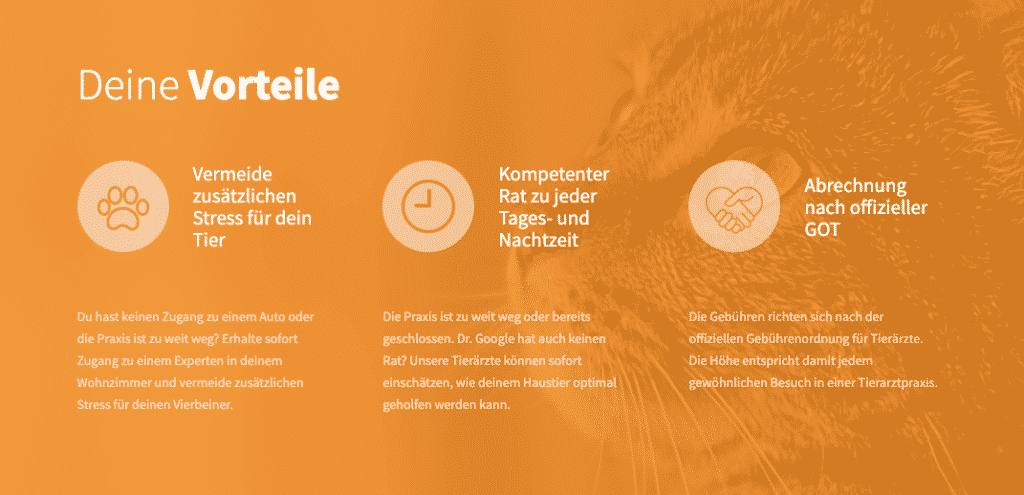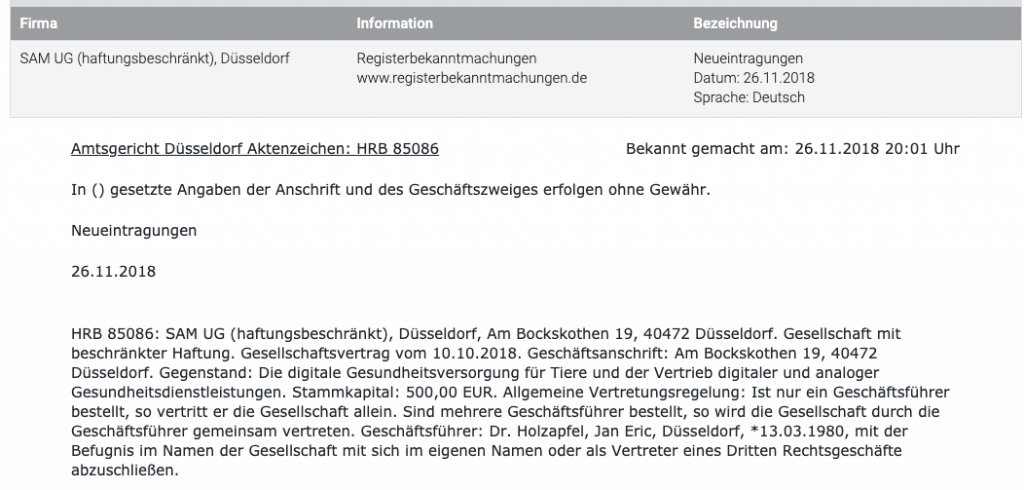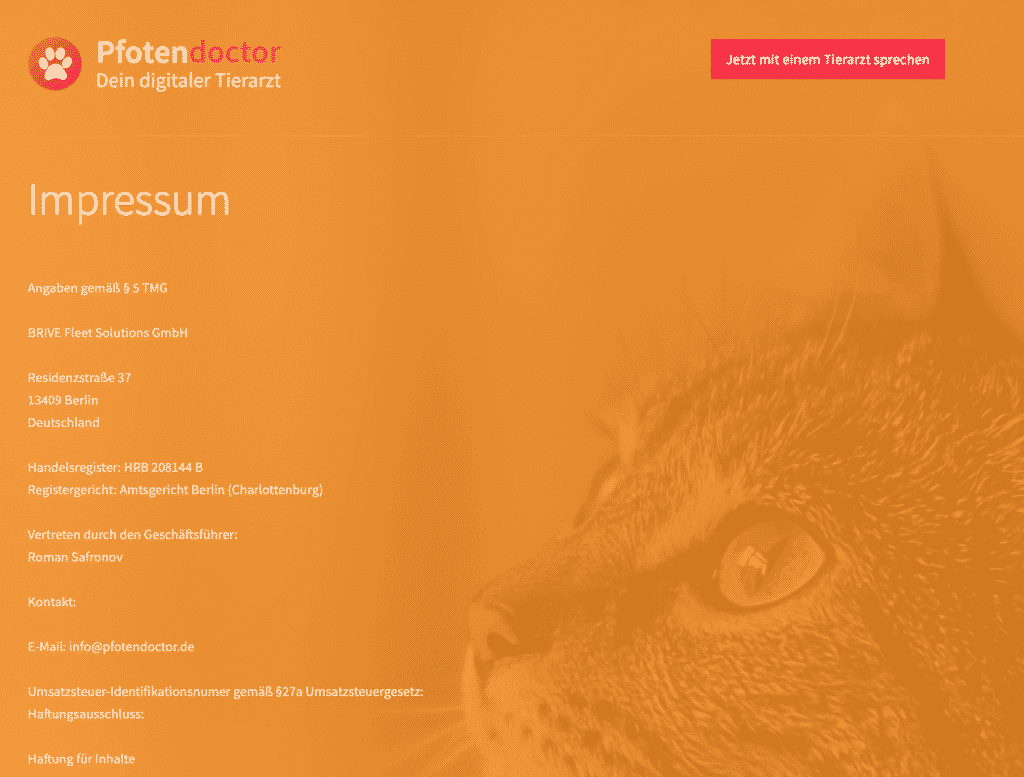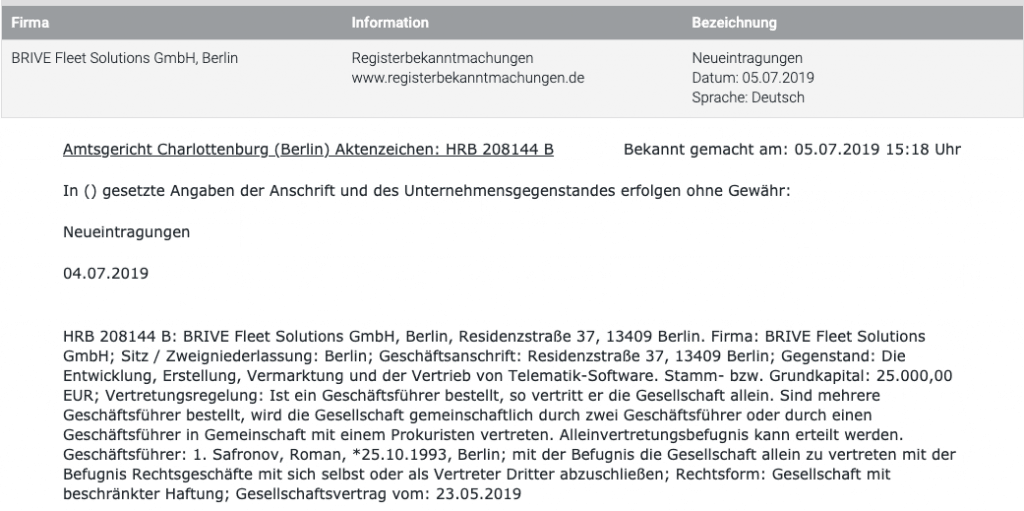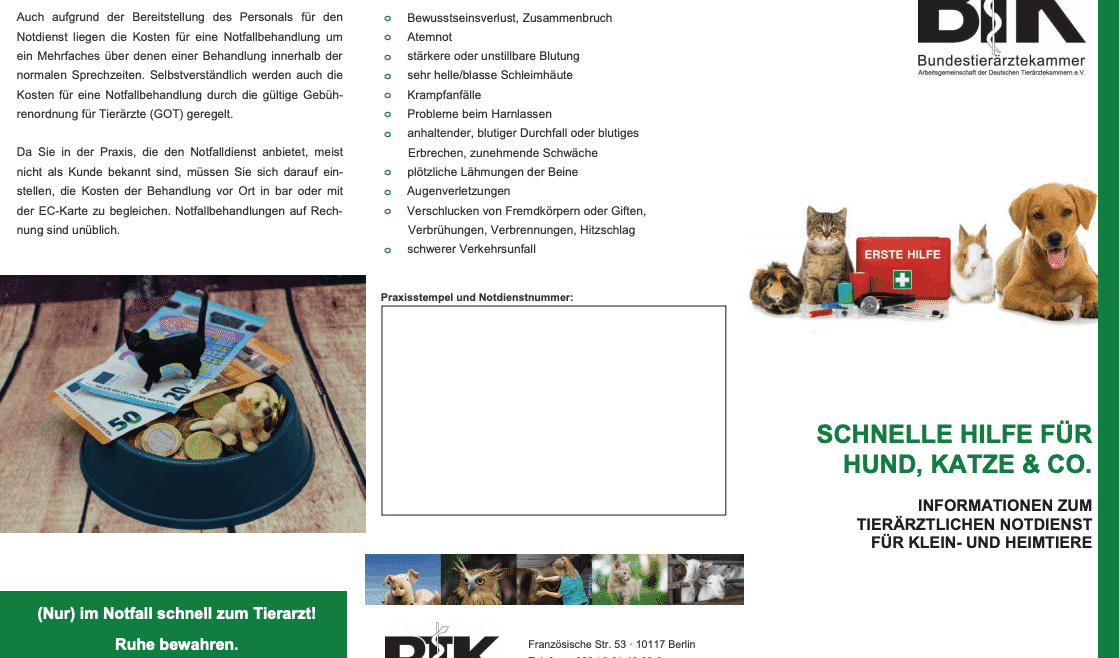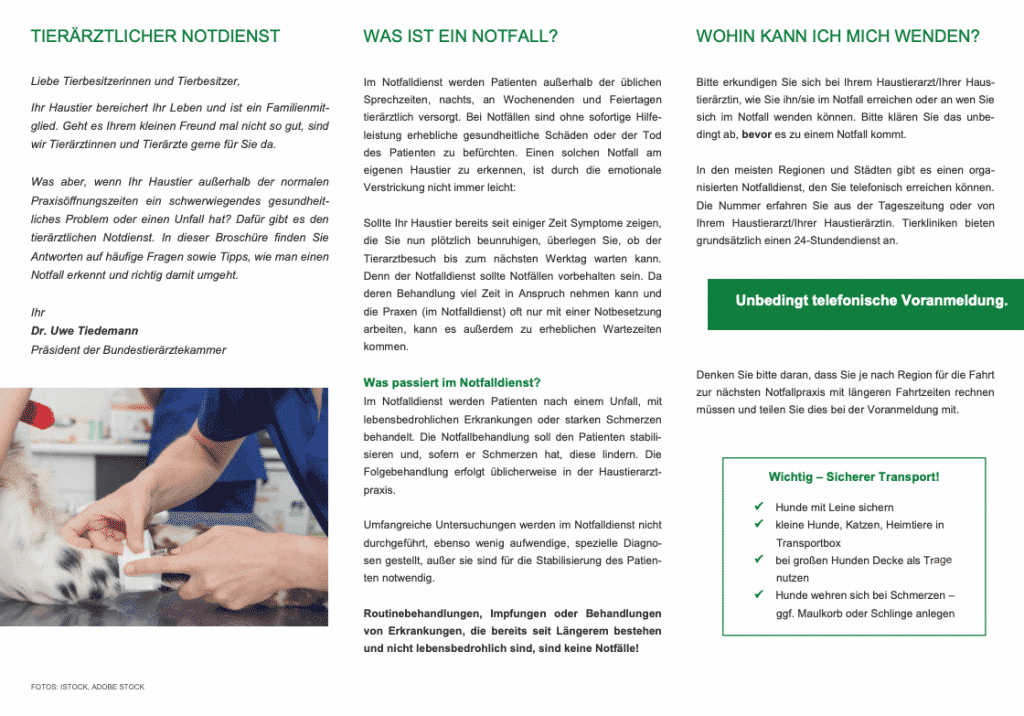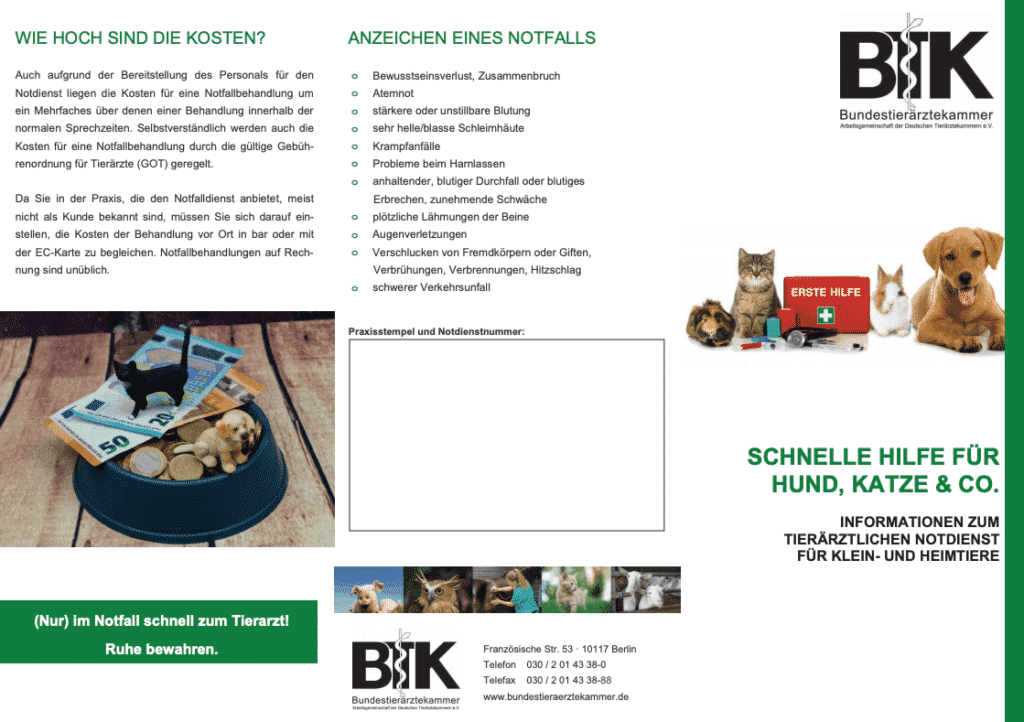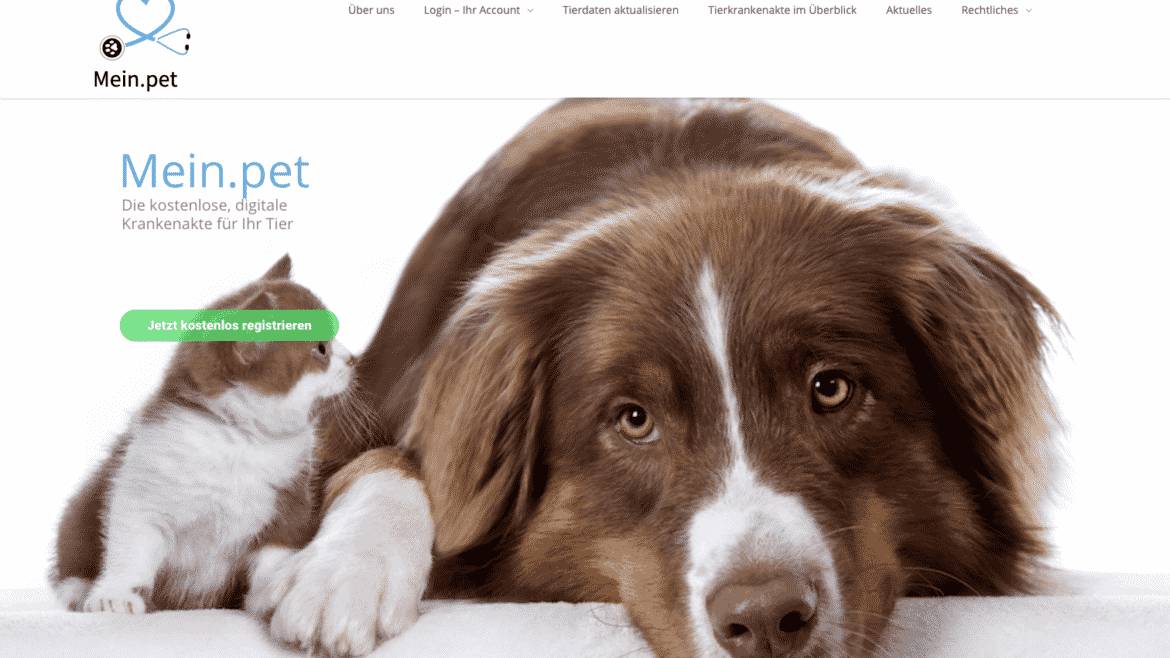Arndt Small Animal Center in Karlsruhe receives computer tomography – CT
Arndt Small Animal Center in Karlsruhe receives computer tomograph - CT https://doc4pets.de/wp-content/themes/corpus/images/empty/thumbnail.jpg 150 150 Sven Jan Arndt https://secure.gravatar.com/avatar /fef64081df258be6f19e1e0033636b82?s=96&d=mm&r=gThe small animal center now has a computer tomograph developed specifically for small animals and pets such as dogs, cats, rabbits, guinea pigs, etc., which, due to its technology (digital volume tomography), requires 60% -90% less radiation than conventional 16-line computer tomographs at up to 30 times higher Resolution. This protects the animals and improves diagnostics enormously.
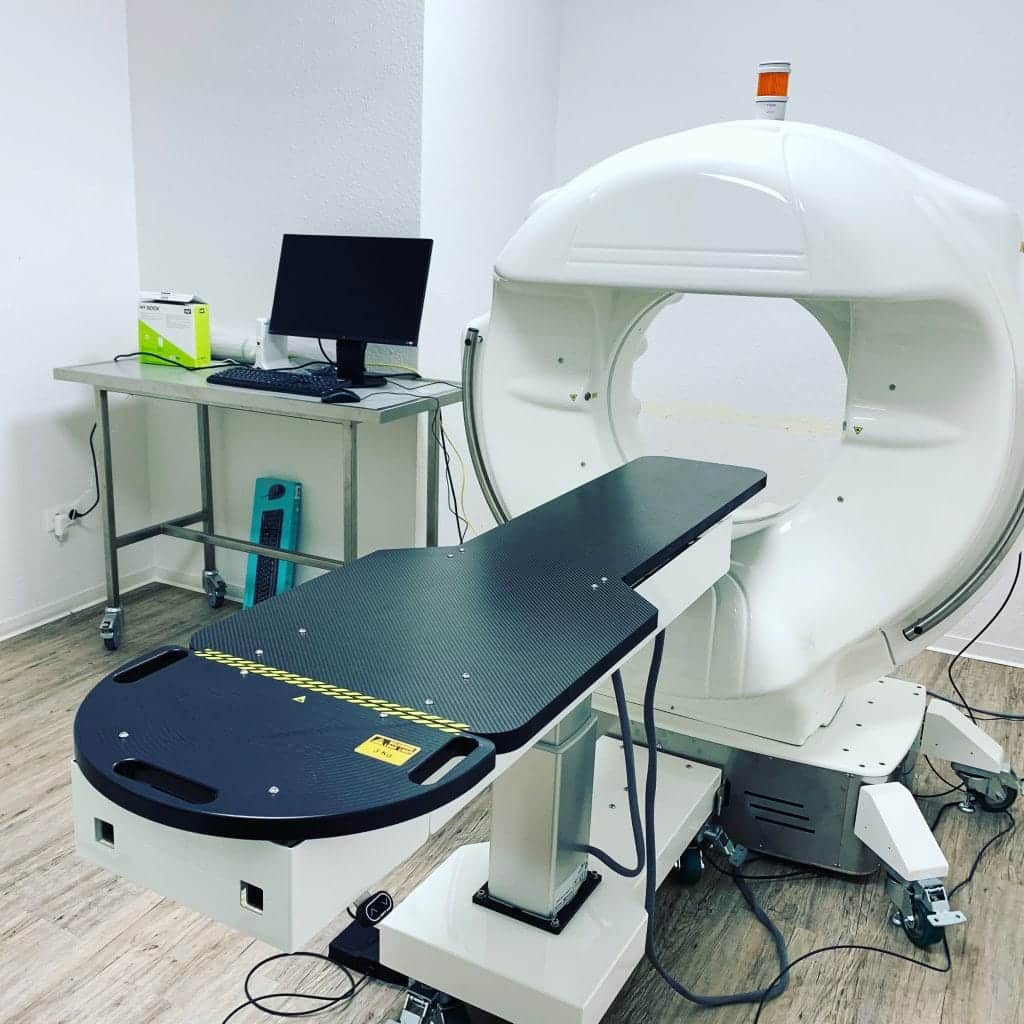
This allows us, among other things, to take 3D images of our patients and print them out on a 3D printer at the same time. This opens up completely new ways of preparing for operations, among other things:
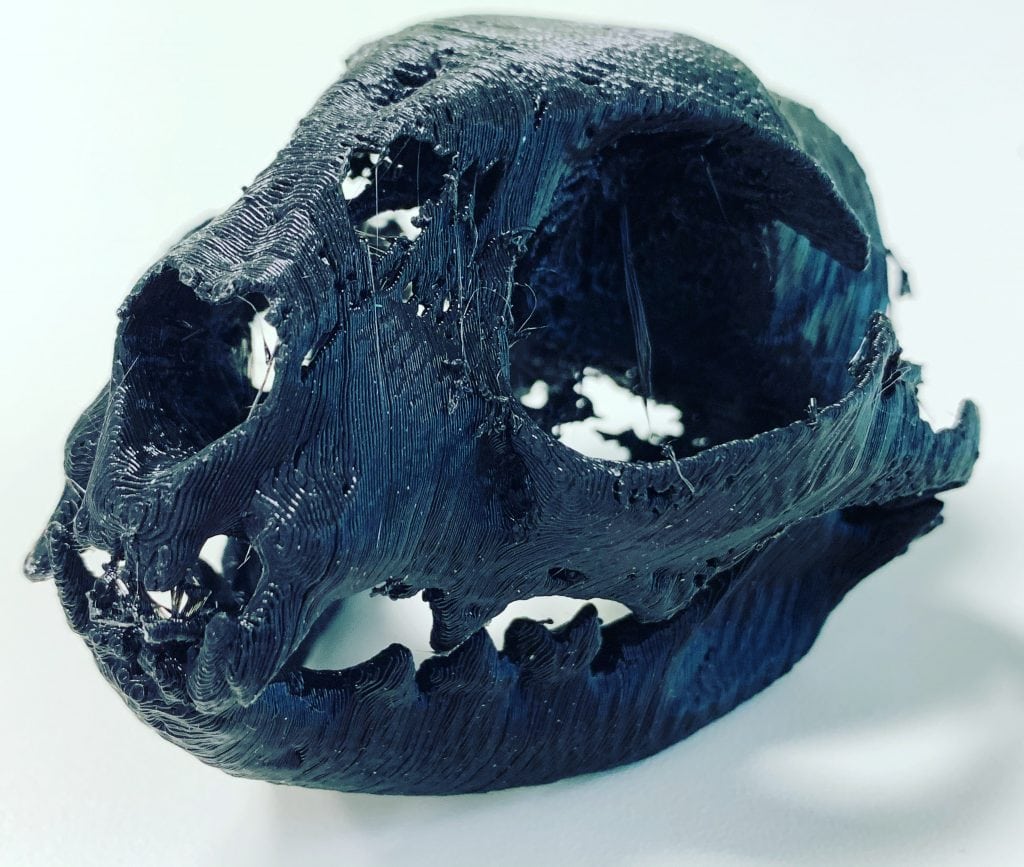
Further areas of application for the new computer tomograph in the Durlach Small Animal Center include:
• Dental x-rays, e.g. FORL in cats
• but also dogs, rabbits and guinea pigs can be examined in more detail using computer tomography
• Diagnosis of tumors and metastases
• Setting up bone fractures
• Preoperative planning of fracture treatment
• Visualization of vessels, bile ducts and
gastrointestinal sections with appropriate
contrast media
• Placement of probes
• Observation of dynamic processes
– heart movement
– swallowing movement (esophagus visualization)
• Integrating implant control during
the operation (functions similar to a C-arm)
• Biopsies
• Positioning control before the CT examination
